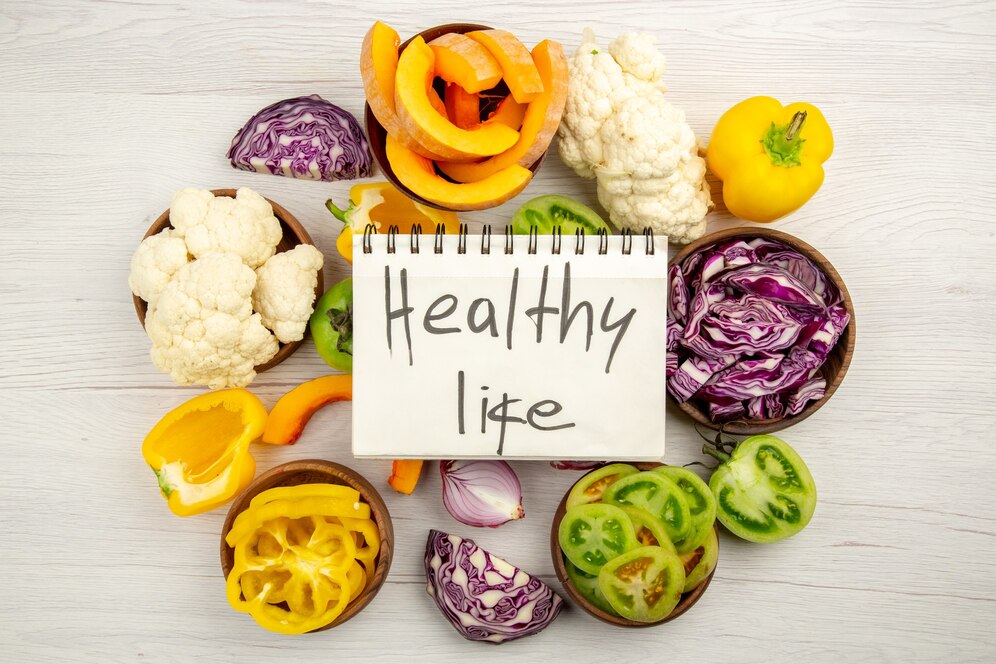Eating healthy isn’t about strict diets or giving up all the foods you love. It’s about making small, smart choices that nourish your body and keep you feeling your best. But where do you start? With so much information out there, it’s easy to feel overwhelmed.
The good news is that healthy eating doesn’t have to be complicated. By adopting simple habits, you can improve your diet without making drastic changes. These habits will help you stay energized, manage weight, and support overall well-being. Ready to transform your eating habits? Let’s dive in!
1. Start Your Day with a Balanced Breakfast
Skipping breakfast or grabbing something sugary can leave you feeling sluggish by mid-morning. A nutritious breakfast sets the tone for your entire day, keeping you full and focused.
A good breakfast includes protein, fiber, and healthy fats. Try eggs with whole-grain toast, Greek yogurt with nuts, or a smoothie packed with fruits and protein. Eating well in the morning reduces cravings and improves energy levels.

2. Eat More Whole Foods
Fresh, unprocessed foods provide essential vitamins, minerals, and fiber. Processed foods, on the other hand, often contain unhealthy fats, sugars, and preservatives.
Fill your plate with colorful fruits, vegetables, whole grains, and lean proteins. These foods support digestion, heart health, and help maintain a healthy weight.
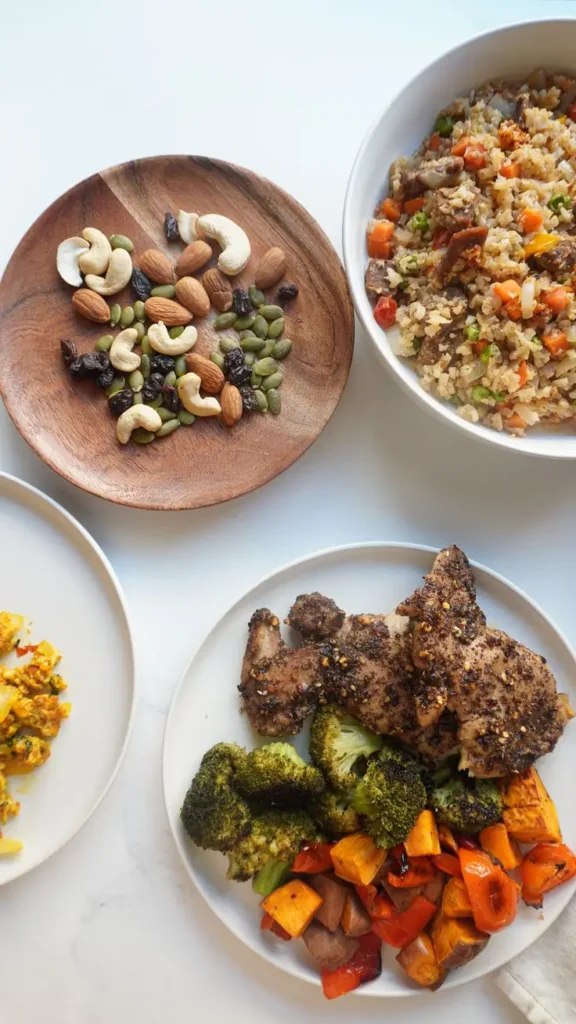
3. Hydrate, Hydrate, Hydrate!
Thirst is often mistaken for hunger, leading to unnecessary snacking. Drinking enough water throughout the day can help control appetite and improve digestion.
Aim for at least eight glasses of water daily. If plain water feels boring, try adding lemon, cucumber, or mint for a refreshing twist. Proper hydration keeps your skin glowing and your energy levels up.

4. Mind Your Portions
Eating directly from large containers can make it easy to overconsume. Large portion sizes are one of the biggest reasons for unintentional weight gain.
Using smaller plates and serving reasonable portions helps control intake. Eating slowly also allows your body to signal when it’s full, preventing overeating.

5. Plan Your Meals Ahead of Time
Not having healthy options ready often leads to grabbing fast food or snacking on unhealthy choices. Planning your meals in advance saves time and ensures balanced eating.
Prepare healthy meals and snacks ahead of time. Keeping nutritious options on hand makes it easier to stick to good eating habits throughout the week.

6. Load Up on Fiber
Fiber is essential for digestion, weight management, and heart health. A diet rich in fiber keeps you full longer and helps prevent overeating.
Include fruits, vegetables, whole grains, and legumes in your meals. Swapping white bread for whole wheat or choosing nuts over chips can make a huge difference.
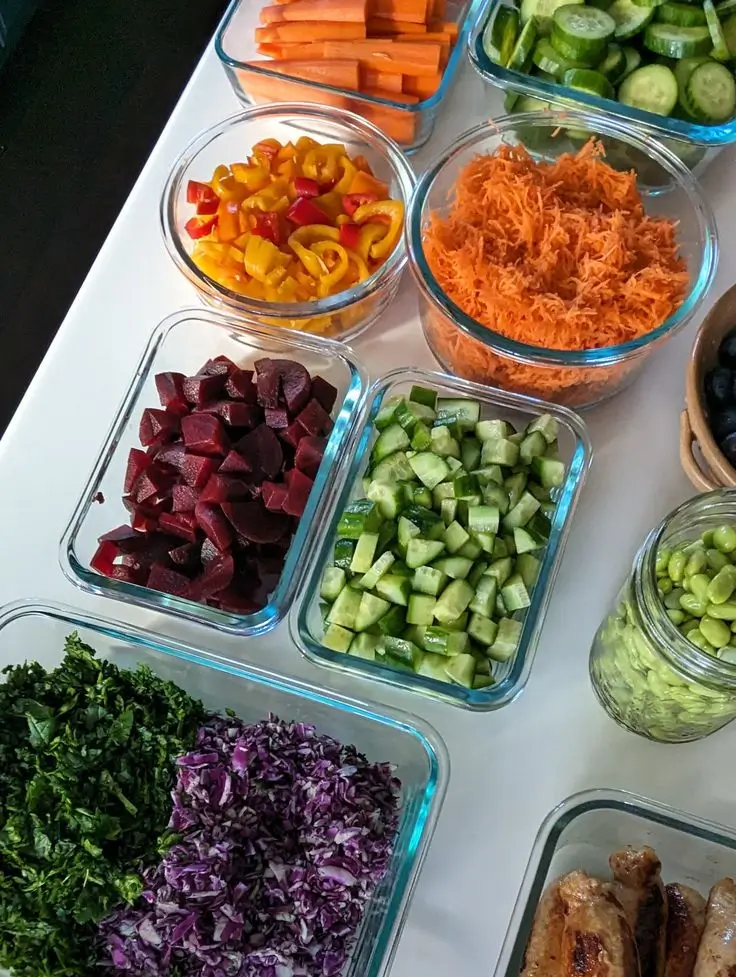
7. Cut Back on Added Sugars
Sugar is hidden in many packaged foods, leading to weight gain, energy crashes, and health problems. Checking labels can help you avoid unnecessary sugar intake.
Reduce consumption of processed snacks, sodas, and sugary cereals. Opt for natural sweeteners like honey or fresh fruit to satisfy cravings in a healthier way.

8. Don’t Fear Healthy Fats
Not all fats are bad. In fact, healthy fats are necessary for brain function, heart health, and keeping you full longer.
Include sources like avocados, nuts, seeds, olive oil, and fatty fish. These foods provide essential nutrients and help curb unhealthy cravings.

9. Practice Mindful Eating
Eating too quickly or while distracted often leads to overeating. Being mindful of what and how you eat allows you to enjoy food and recognize fullness.
Chewing food properly and savoring each bite can improve digestion and satisfaction. Taking the time to eat slowly helps prevent unnecessary snacking.

10. Limit Processed Foods
Packaged meals and snacks often contain excessive salt, sugar, and unhealthy fats. Regular consumption can lead to long-term health problems.
Cooking meals at home with fresh, natural ingredients ensures better nutrition. It also gives you full control over what goes into your food.
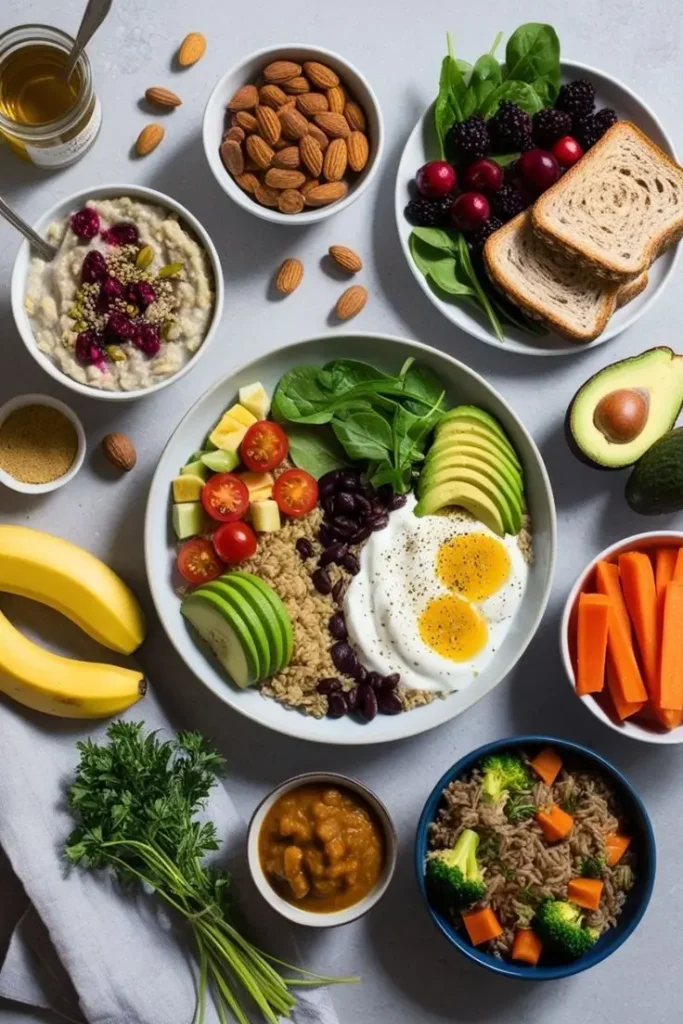
11. Add More Protein to Your Diet
Protein is essential for muscle growth, metabolism, and appetite control. It also helps regulate blood sugar and keeps you full longer.
Include lean meats, eggs, beans, lentils, tofu, and dairy products in your meals. A protein-rich diet reduces cravings and supports overall health.
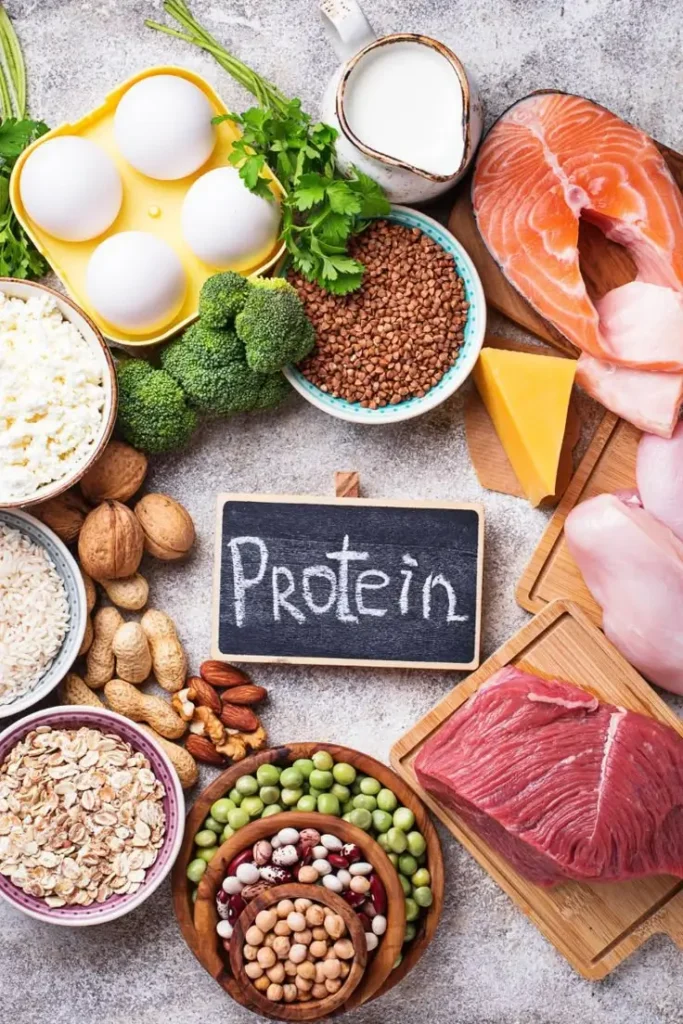
12. Snack Smart
Unhealthy snacks often contain empty calories that don’t satisfy hunger. Choosing nutrient-dense snacks keeps you full and energized between meals.
Opt for nuts, yogurt, hummus with veggies, or fruit with peanut butter. These options provide essential nutrients without causing blood sugar spikes.

13. Reduce Salt Intake
Too much salt can increase blood pressure and risk of heart disease. Many processed foods contain far more salt than needed.
Use herbs, spices, and natural seasonings instead of excess salt. Reducing sodium intake can significantly improve long-term health.

14. Enjoy Your Meals Without Distractions
Eating while scrolling on your phone or watching TV often leads to mindless overeating. Being fully present allows you to enjoy your food and recognize fullness.
Make it a habit to eat at the table without distractions. Focusing on your meal enhances satisfaction and prevents unnecessary snacking.

15. Make Healthy Swaps
Small changes in food choices can lead to big improvements in overall health. Simple swaps make meals healthier without sacrificing taste.
Choose water over soda, whole grains over refined grains, and grilling over frying. These habits help maintain a balanced diet effortlessly.

16. Eat More Home-Cooked Meals
Restaurant meals often contain hidden sugars, unhealthy fats, and excessive calories. Cooking at home provides full control over ingredients.
Preparing fresh, healthy meals at home leads to better nutrition. It also saves money and allows for personalized flavors and portions.

17. Don’t Skip Meals
Skipping meals may seem like a way to reduce calories, but it often leads to extreme hunger and overeating later. Regular meals keep energy levels steady.
Eating balanced meals at regular intervals supports metabolism and prevents unhealthy cravings. Proper nourishment throughout the day is key to feeling your best.

18. Eat More Fermented Foods
A healthy gut is essential for digestion, immunity, and overall well-being. Fermented foods provide beneficial probiotics that support gut health.
Adding yogurt, kimchi, sauerkraut, or kefir to your diet can improve digestion. These foods help reduce bloating and promote a healthy balance of gut bacteria.

19. Include More Greens in Your Diet
Leafy greens are packed with vitamins, antioxidants, and fiber that boost overall health. Eating more greens can improve digestion and strengthen immunity.
Adding spinach, kale, and Swiss chard to smoothies, omelets, or salads increases nutrient intake. The more greens you eat, the healthier your body becomes.

20. Allow Yourself Treats in Moderation
Completely restricting certain foods often leads to binge-eating later. Enjoying treats in moderation helps maintain a balanced diet without guilt.
Savoring your favorite foods in small portions and on occasion prevents overindulgence. Healthy eating is about balance, not perfection.
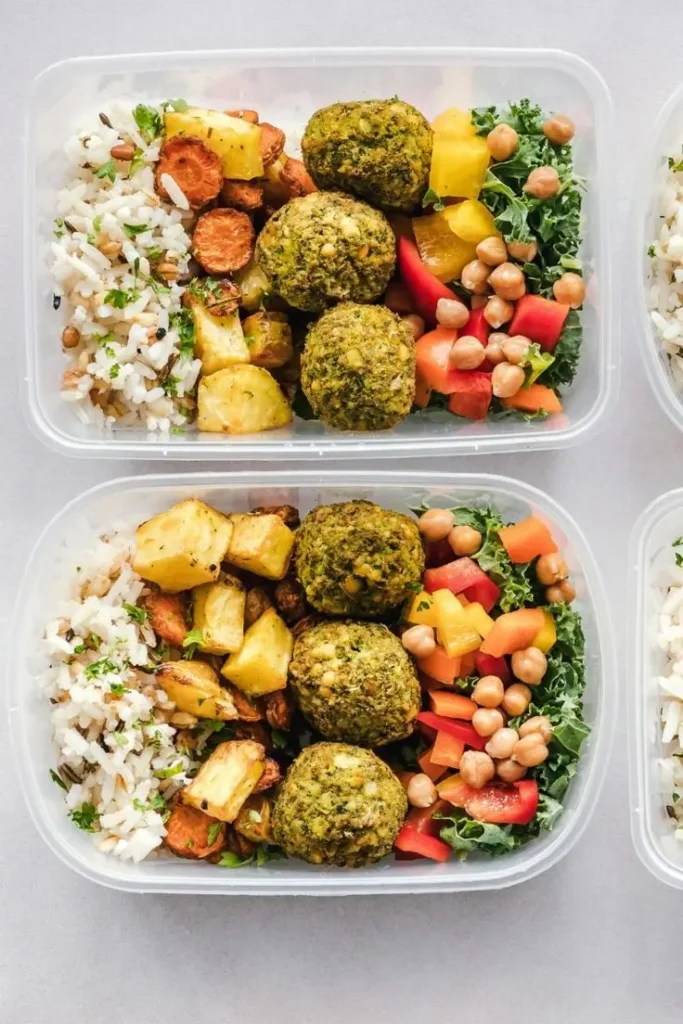
21. Listen to Your Body
Your body signals when it’s hungry, full, or lacking certain nutrients. Paying attention to these cues prevents overeating and improves overall well-being.
Recognizing hunger and fullness cues helps develop a natural and healthy relationship with food. Eating mindfully allows your body to function optimally.
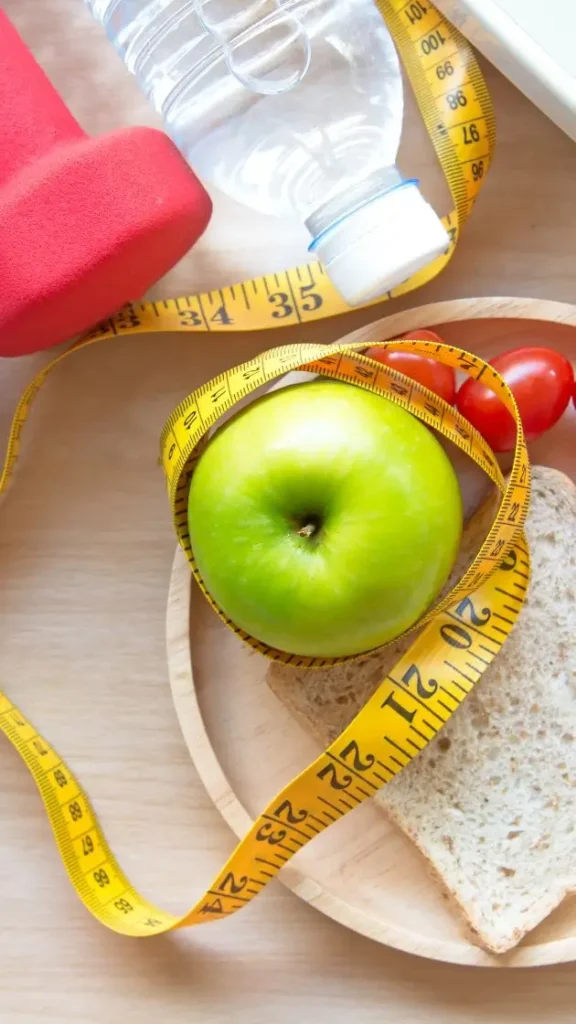
Final Thoughts
Healthy eating isn’t about giving up everything you love. It’s about making small, sustainable changes that lead to long-term benefits. Developing these habits will improve your energy, digestion, and overall well-being.
Which habit will you start today? Small steps lead to big results, so take one change at a time and watch how your health transforms!
